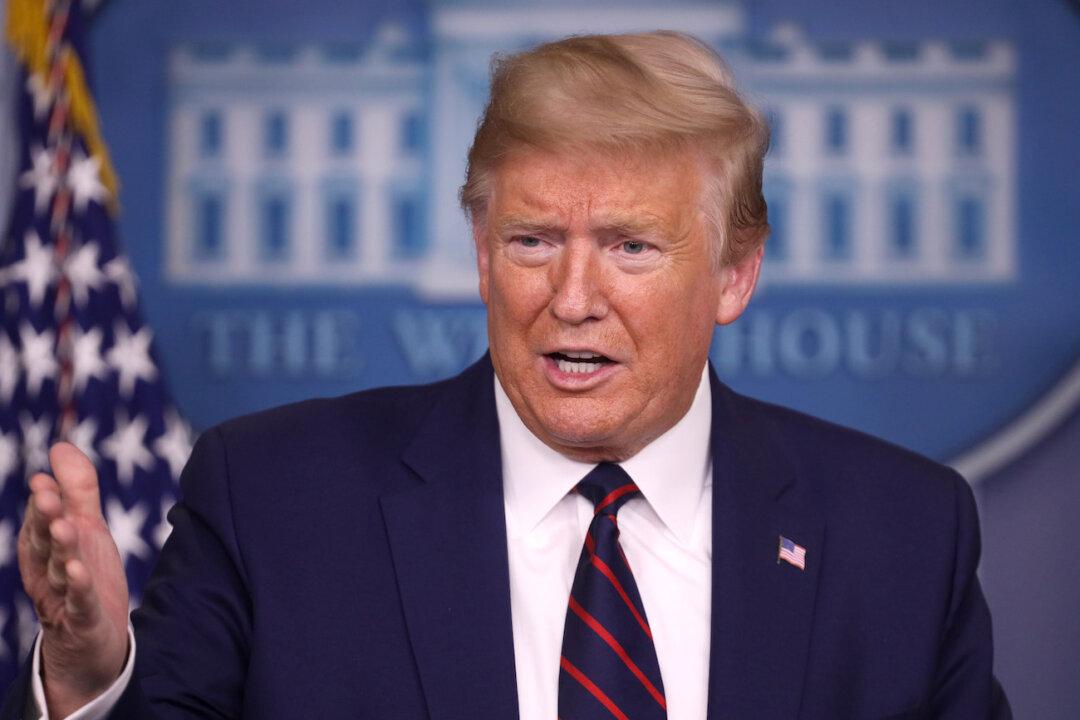House Republican leaders are cautioning President Donald Trump against rushing a fourth CCP virus relief package, warning that the hasty spending could have long-term impact on the country’s debt.
Freedom Caucus Chairman Andy Biggs (R-Ariz.) and Republican Study Committee Chairman Mike Johnson (R-La.) sent a letter to the president on Friday urging him to reject requests for any additional relief packages, arguing that another bill would be premature since the recently passed bill, the CARES Act, has not yet fully taken effect.




